
Kód: 08123630
Strategic Analysis of U.S. Special Operations During the Korean Conflict, 1950-1953
Autor Steve A Fondacaro
This study analyzes the strategic effectiveness of special operations conducted by the Far East Command (FECOM) and the Central Intelligence Agency (CIA) in Korea during the Korean Conflict from 1950 to 1953. Each organization&apo ... celý popis
- Jazyk:
 Angličtina
Angličtina - Vazba: Brožovaná
- Počet stran: 148
Nakladatelství: Biblioscholar, 2012
- Více informací o knize

Mohlo by se vám také líbit
-

Uninhabited Combat Aerial Vehicles in 2015
1646 Kč -

Hodgepodge A Cross Section of Stories
483 Kč -

Anger is Bliss
790 Kč -

Spirit Seeds
532 Kč -

Bela' - A Dog's Life
948 Kč -

...... And that's all She Wrote!!!
568 Kč -

Challenging Leadership The Skolkovo Approach
568 Kč -

Heart's Intent
461 Kč -

This Gift From Heaven
360 Kč -
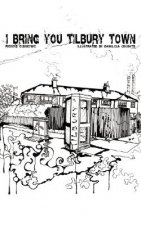
I Bring You Tilbury Town
388 Kč -
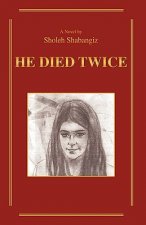
He Died Twice
569 Kč -
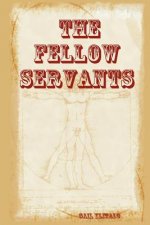
Fellow Servants
445 Kč -
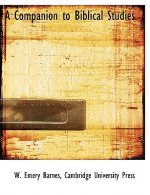
Companion to Biblical Studies
953 Kč -

Naive Devices
494 Kč
Darujte tuto knihu ještě dnes
- Objednejte knihu a zvolte Zaslat jako dárek.
- Obratem obdržíte darovací poukaz na knihu, který můžete ihned předat obdarovanému.
- Knihu zašleme na adresu obdarovaného, o nic se nestaráte.
Více informací o knize Strategic Analysis of U.S. Special Operations During the Korean Conflict, 1950-1953
Nákupem získáte 165 bodů
 Anotace knihy
Anotace knihy
This study analyzes the strategic effectiveness of special operations conducted by the Far East Command (FECOM) and the Central Intelligence Agency (CIA) in Korea during the Korean Conflict from 1950 to 1953. Each organization's effectiveness is determined by examining the areas of strategy, organization and operations. Each organization's effectiveness is determined by examining the areas of strategy, organization and operations. Special operations as defined in Joint Chiefs of Staff Publication Number 2, "Unified Action Armed Forces (UNAFF)" was the standard by which operations were selected for examination. The study answers four questions: 1) What were the U.N. Command strategic objectives within the Korean theater, and how did these change?, 2) How these changing strategic objectives development and coordination of special operations objectives, forces and headquarters?, 3) What did U.S. special operations in Korea accomplish strategically? 4) What conclusions can be drawn from U.S. special operations forces' effectiveness or ineffectiveness in Korea? FECOM special operations were limited to partisan operations and psychological operations. The partisans consisted of anti-communist North Koreans organized and led by U.S. cadre beginning in January, 1951. Psychological operations were conducted continuously from July, 1950 by a separate staff element whose capabilities expanded dramatically during the course of the conflict. CIA operations within Korea consisted of intelligence gathering and special (or covert) activities controlled from headquarters in Japan. CIA operations remained autonomous of FECOM control throughout the conflict. The control issue was the source of bureaucratic conflict that inhibited operational coordination between FECOM and CIA throughout the conflict.
 Parametry knihy
Parametry knihy
Zařazení knihy Knihy v angličtině Society & social sciences Education
1646 Kč
- Plný název: Strategic Analysis of U.S. Special Operations During the Korean Conflict, 1950-1953
- Autor: Steve A Fondacaro
- Jazyk:
 Angličtina
Angličtina - Vazba: Brožovaná
- Počet stran: 148
- EAN: 9781249250012
- ISBN: 9781249250012
- ID: 08123630
- Nakladatelství: Biblioscholar
- Hmotnost: 277 g
- Rozměry: 246 × 189 × 8 mm
- Datum vydání: 10. August 2012
Oblíbené z jiného soudku
-
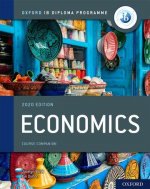
Oxford IB Diploma Programme: IB Economics Course Book
1594 Kč -

Business Partner B1 Workbook
434 Kč -

Business Partner B1+ Workbook
462 Kč -

Powerful Teaching: Unleash the Science of Learning
665 Kč -

Speed and Accuracy: Division
208 Kč -
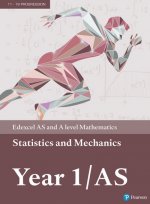
Pearson Edexcel AS and A level Mathematics Statistics & Mechanics Year 1/AS Textbook + e-book
469 Kč -

Speed and Accuracy: Multiplication
228 Kč -

Read Write Inc. Phonics: Red Ditty Book Bag Books (Mixed Pack of 10)
1587 Kč -

Amazing Autistic Brain Cards
1015 Kč -
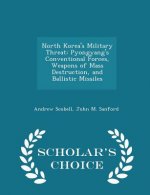
North Korea's Military Threat
698 Kč -

Release Your Inner Drive
403 Kč -

Cambridge IGCSE (R) & O Level Complete Physics: Student Book Fourth Edition
929 Kč -

Embodied Teen
545 Kč -

Business Partner B2 Workbook
462 Kč -
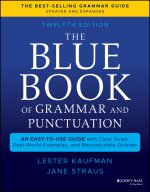
Blue Book of Grammar and Punctuation: An Easy- to-Use Guide with Clear Rules, Real-World Examples , and Reproducible Quizzes, Twelfth Edition
393 Kč -

OET Preparation
246 Kč -

KS3 Maths 10-Minute Weekly Workouts - Year 7
199 Kč -

Vertical Academy
919 Kč -

OET Reading Subtest Preparation
343 Kč -

Grade 9-1 GCSE Maths AQA Revision Question Cards - Higher
242 Kč -
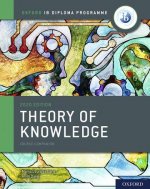
Oxford IB Diploma Programme: IB Theory of Knowledge Course Book
1466 Kč -

Positive Discipline Tools for Teachers
433 Kč -
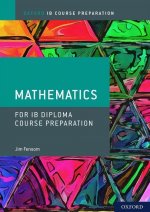
Oxford IB Diploma Programme: IB Course Preparation Mathematics Student Book
992 Kč -
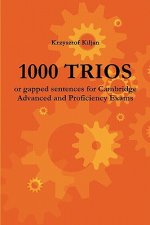
1000 TRIOS or gapped sentences for Cambridge Advanced and Proficiency Exams
608 Kč -
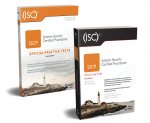
(ISC) SSCP SG & SSCP Practice Test Kit, 3e
1745 Kč -

Czech Verbs
954 Kč -

Motivation and Reinforcement
1161 Kč -

Pearson Edexcel International GCSE (9-1) English Language B Student Book
1328 Kč -

GCSE Spanish Exam Practice Workbook (includes Answers & Free Online Audio)
220 Kč -

Imagine If...
306 Kč -

Oxford International Primary Maths Second Edition: Practice Book 1
323 Kč -

Vol 2 Blackletter Lettering Adventures
635 Kč -
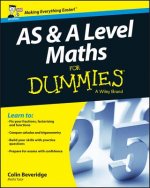
AS & A Level Maths For Dummies
455 Kč -
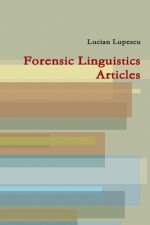
Forensic Linguistics Articles
417 Kč -
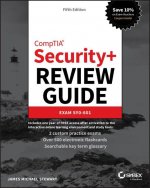
CompTIA Security+ Review Guide - Exam SY0-601
621 Kč -

Abolition of Man
468 Kč -
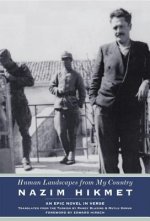
Human Landscapes from My Country
656 Kč -

Corrected Squares of The Book of Abramelin
14513 Kč -

Hanbo Jutsu: Use of Hanbo, Cane and Walking Stick for Self Defense
284 Kč -

Reading Mind - A Cognitive Approach to Understanding How the Mind Reads
556 Kč -

KS3 Maths 10-Minute Weekly Workouts - Year 8
199 Kč -

Exam Prep for Microeconomics by Pindyck & Rubinfeld, 6th Ed.
1089 Kč -

English Language & Literature WORKBOOK: York Notes for GCSE (9-1)
237 Kč -
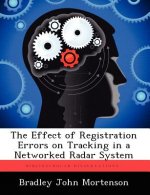
Effect of Registration Errors on Tracking in a Networked Radar System
1646 Kč -

Cambridge IGCSE (R) & O Level Complete Chemistry: Student Book Fourth Edition
992 Kč -

Princeton Review SAT Premium Prep, 2021
1136 Kč -

CEH v11 Certified Ethical Hacker Study Guide + Practice Tests Set
1872 Kč -
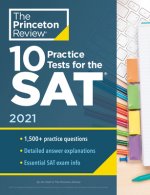
10 Practice Tests for the SAT, 2021 Edition
841 Kč -
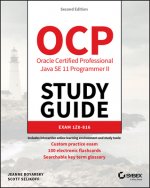
OCP Oracle Certified Professional Java SE 11 Programmer II Study Guide - Exam 1Z0-816 and Exam 1Z0-817
1336 Kč
Osobní odběr Praha, Brno a 12903 dalších
Copyright ©2008-24 nejlevnejsi-knihy.cz Všechna práva vyhrazenaSoukromíCookies



 Vrácení do měsíce
Vrácení do měsíce 571 999 099 (8-15.30h)
571 999 099 (8-15.30h)